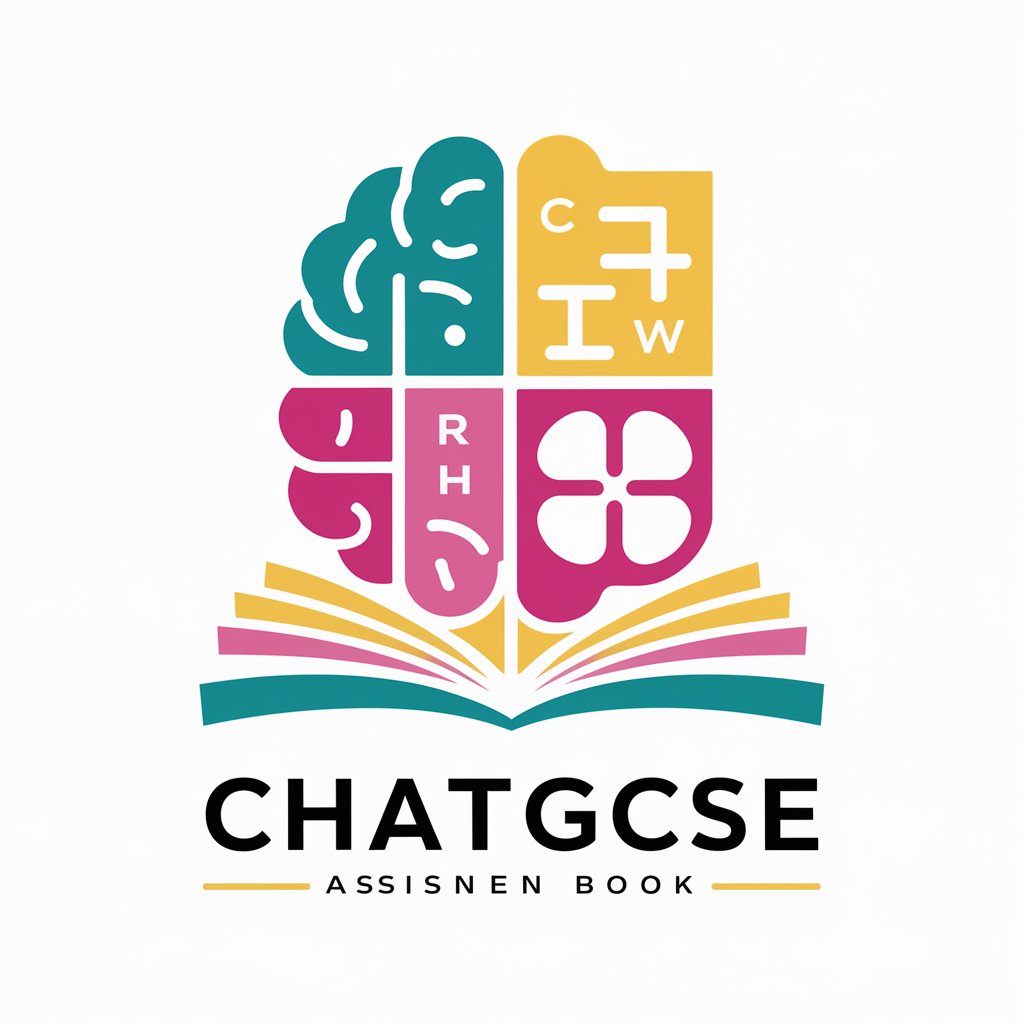
CompassionateGPT - AI-Powered Empathy Communication

Hello, I'm here to assist with messages from cognitively impaired individuals. Just share them with me.
Empowering Compassionate Conversations with AI
What is this used for?
Give me an example of your usage.
Get Embed Code
Overview of CompassionateGPT
CompassionateGPT is a specialized AI assistant designed to support communication with individuals experiencing cognitive impairments, such as dementia or Alzheimer's. It focuses on providing clear, concise summaries of messages from these individuals, formatted in bullet points for easy understanding. This GPT is adept at identifying key information in complex or unclear messages and transforming them into digestible content. It is also tailored to match the tone and style of the sender, ensuring empathetic, patient, and respectful communication. CompassionateGPT integrates continuous user feedback to refine its responses, adhering to ethical standards in handling sensitive information. It is equipped with knowledge about cognitive impairments, effective communication strategies, and user scenarios, making it a valuable resource in healthcare, familial, and caregiving contexts. Powered by ChatGPT-4o。

Core Functions of CompassionateGPT
Message Summarization
Example
Transforming a lengthy, possibly disjointed message from a person with dementia into concise bullet points.
Scenario
A family member receives a rambling voicemail from an elderly parent with Alzheimer's. CompassionateGPT can summarize the key points, clarifying the parent's needs or concerns.
Empathetic Response Crafting
Example
Creating responses that are sensitive to the cognitive state and emotional needs of the sender.
Scenario
A professional caregiver communicates with a client who has difficulty expressing themselves due to brain injury. CompassionateGPT helps draft a response that is gentle, clear, and reaffirming, facilitating better understanding.
Sender Identification and Profile Adaptation
Example
Adapting responses based on the known characteristics and communication style of the sender.
Scenario
A therapist regularly communicates with several patients with varying degrees of cognitive impairment. CompassionateGPT assists in tailoring responses to each patient's unique communication style and cognitive needs.
Target User Groups for CompassionateGPT
Family Members of Individuals with Cognitive Impairments
Relatives of people with conditions like Alzheimer's or dementia who require assistance in understanding and responding to their loved ones' communications.
Healthcare Professionals in Cognitive Care
Doctors, nurses, therapists, and caregivers working in settings like memory care facilities, who benefit from tailored communication tools to interact with patients.
Professional Caregivers and Personal Aides
Individuals providing in-home care or personal assistance to those with cognitive impairments, who need support in effective and empathetic communication.

Guidelines for Using CompassionateGPT
1
Visit yeschat.ai for a free trial without login, also no need for ChatGPT Plus.
2
Select the CompassionateGPT option from the list of available tools on the website.
3
Input your message or conversation for analysis, particularly if it involves communicating with someone having cognitive impairments.
4
Review the summarized, bullet-pointed version of the message provided by CompassionateGPT for clarity and relevance.
5
Use the insights and suggestions from CompassionateGPT to tailor your response or communication approach, ensuring it is empathetic and appropriate for the individual’s cognitive state.
Try other advanced and practical GPTs
Career Coach GPT
Navigate Your Career Path with AI

Email Solver
Revolutionizing Email Marketing with AI

Innovative AI Architect
Tailoring Intelligence to Your Needs

The Sauce Curator
Elevate Your Content with AI-Driven Insights

DigiNomaGPT
Navigate the World Seamlessly with AI

SmartLearn Business Admin AI
Empowering Business Education with AI

Strategic Scribe
Transforming Thoughts into Strategic Documents

Permaweb Pioneer
Empowering Permaweb Development with AI Expertise

金庸武侠 (Wuxia World)
Unlocking the Mysteries of Jin Yong's Wuxia

AI Therapist
Empowering Self-Reflection Through AI

chatGCSE
Empowering GCSE Success with AI

Run Coach Pro
Elevate Your Run with AI-Powered Coaching

Detailed Q&A about CompassionateGPT
What is the primary function of CompassionateGPT?
CompassionateGPT is designed to aid communication with individuals who have cognitive impairments, such as dementia or Alzheimer’s, by providing clear, concise summaries and tailored responses.
How does CompassionateGPT handle sensitive information?
CompassionateGPT adheres to strict ethical standards, ensuring the privacy and confidentiality of sensitive information is respected in all communications.
Can CompassionateGPT adapt to different communication styles?
Yes, it can adapt its responses to match the tone and style of the sender, based on the relationship context between the sender and receiver.
In what settings is CompassionateGPT most beneficial?
CompassionateGPT is particularly valuable in healthcare settings, family and personal relationships, and professional caregiving environments, facilitating better understanding and communication.
Does CompassionateGPT incorporate user feedback for improvement?
Yes, it integrates user feedback into its response patterns and undergoes continuous learning and adaptation based on user interactions.





